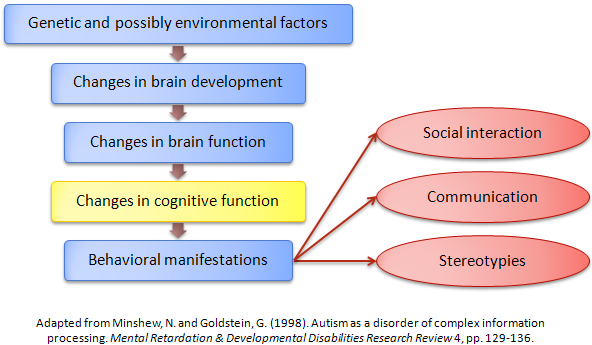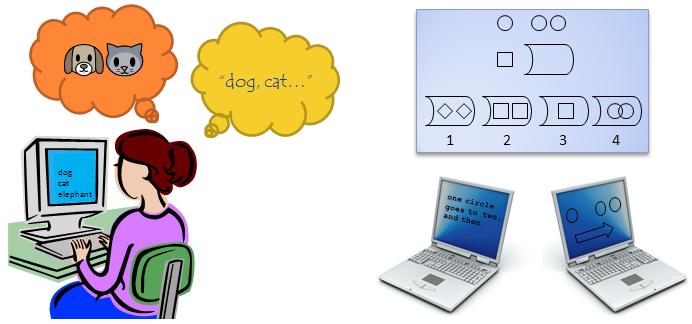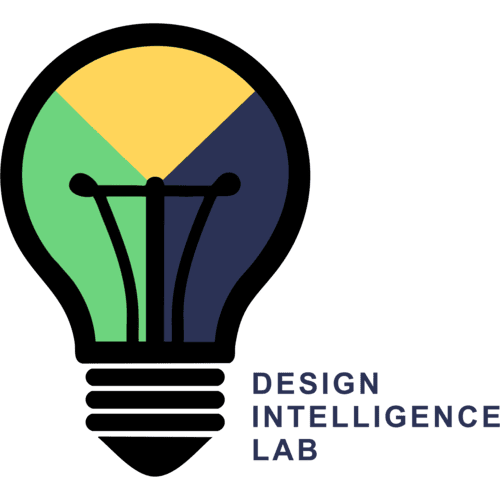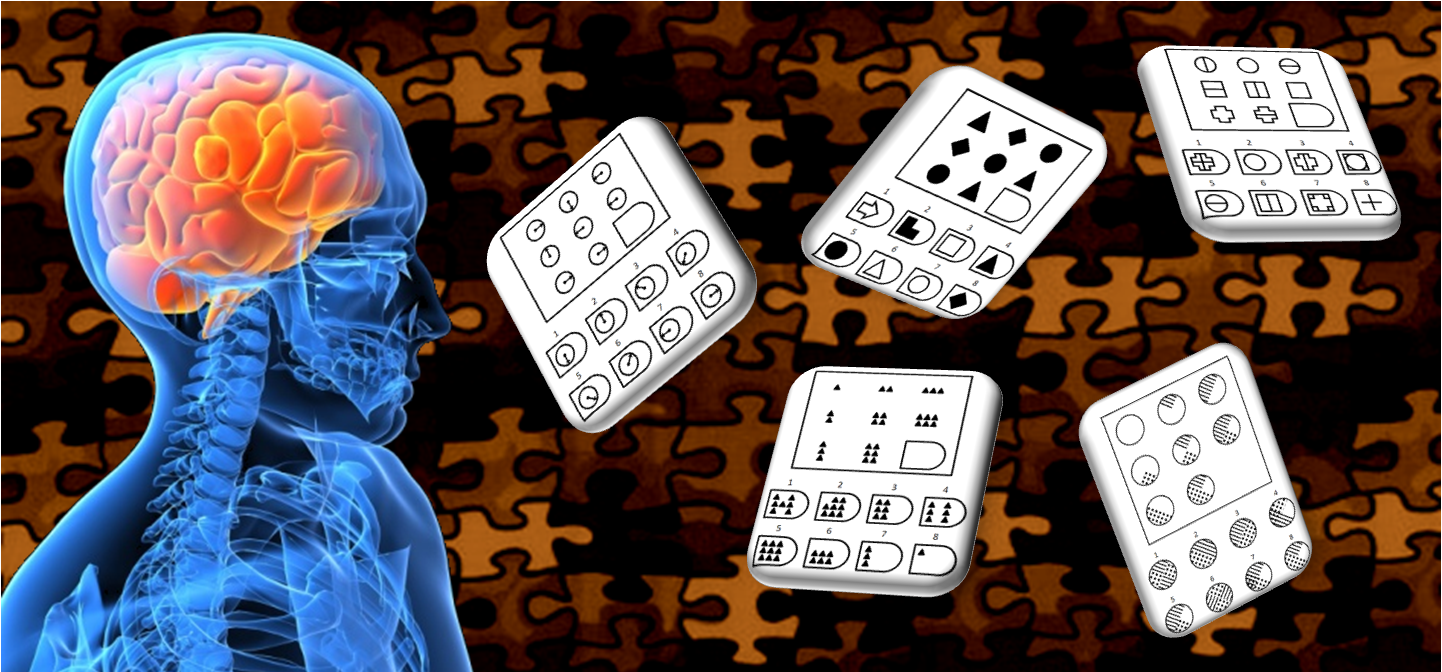Autism is a developmental disorder characterized by atypical behaviors in three different areas: social interaction, communication, and stereotyped or repetitive patterns of behavior and interests. Classic autism is one of several related conditions that comprise Autism Spectrum Disorders (ASDs), also known as Pervasive Developmental Disorders (PDDs). While the specific causes of autism are unknown, its etiology can be traced through genetic and environmental factors, brain development and functioning, cognition, and finally, behavioral manifestations.

We hypothesize that certain individuals on the autism spectrum exhibit a bias towards using visual instead of verbal mental representations for various tasks. This “thinking in pictures” form of cognition has been introspectively reported by many individuals on the autism spectrum, such as Temple Grandin, a high-functioning adult with autism who has written several autobiographical books touching on this notion.
Evaluating this hypothesis raises several research questions, for instance: 1) Do some individuals on the autism spectrum think in pictures, and if so, how can we identify them? 2) What kinds of visual mental representations are being used, how are they different, if at all, from neurotypical visual representations, and how are they recruited to perform various cognitive tasks? 3) What advances can be made in assessment, communication, and education, given this information about types of mental representations?

We are addressing these and other questions through a combination of designing behavioral studies intended to tease apart differences in mental representations and using computational models to make and evaluate precise specifications of various representational forms. Our long term goals include developing a set of design principles that can be used to construct tools for assessment and education for the autism community.

